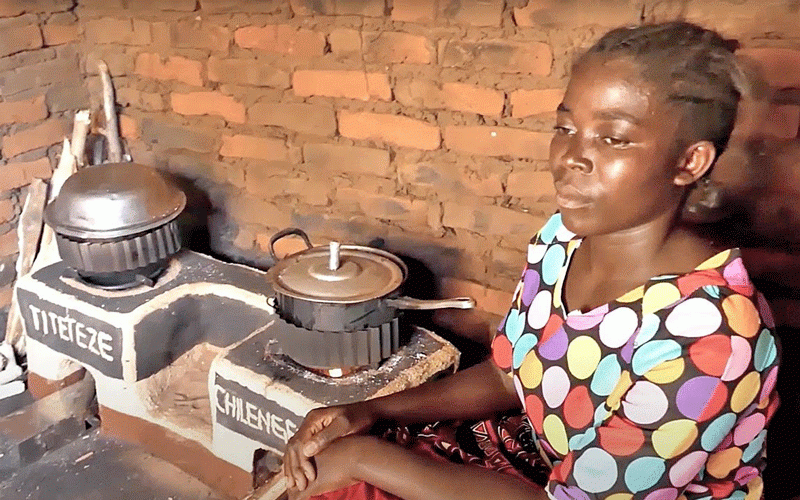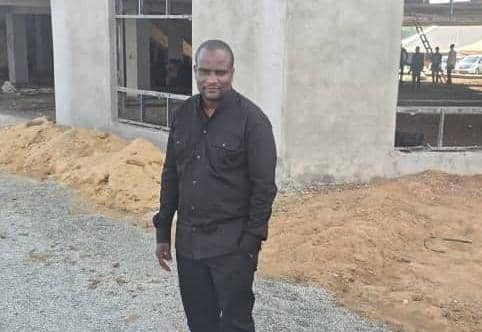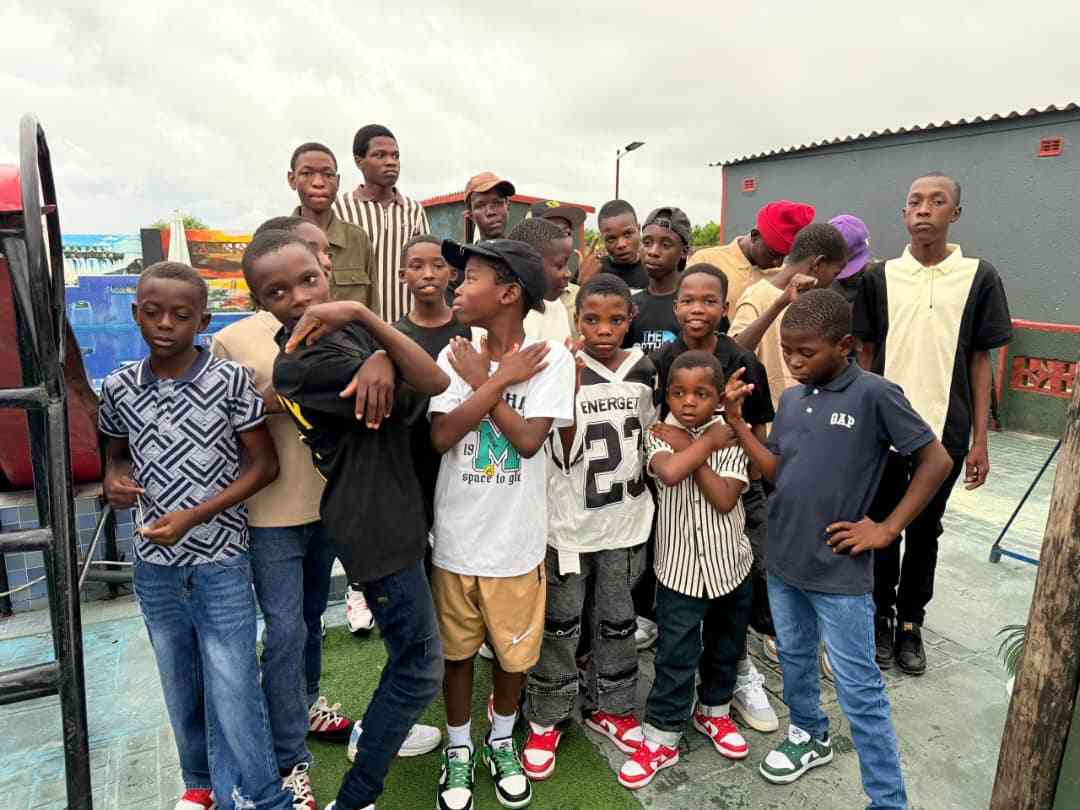
A teary Siphiwe Ndlovu from Lupane district in Matabeleland North Province tries to resurrect a dying fire in her kitchen hut to prepare the family’s dinner.
Scarcity of firewood forces Ndlovu (45) to wake up as early as 5am to walk a distance of 10km to gather firewood to prepare food for her children before they leave for school.
On this particular evening thick smoke has engulfed the whole hut used as a kitchen and she cannot even see the door.
Not only does this cooking method cause air pollution and health hazards, it also emits harmful substances to the environment, which people are unaware of.
Nearly 2,4 billion people cook their meals using inefficient three-stone fires, typically three-stone fires that burn solid biomass fuels, like wood and charcoal.
They’re inefficient, unhealthy, dangerous, and a major contributor to carbon emissions worldwide.
Deforestation in Zimbabwe continues to spread at a high rate due to the over reliance on firewood in the rural areas.
Indicators show that deforestation is a key factor in some of the extreme weather change patterns that have affected several parts of Zimbabwe.
- Letters to the editor: PVOs Bill must be shot down
- Why giving monkeypox a new name is a good idea
- Why giving monkeypox a new name is a good idea
- Over 400 nabbed for environmental violations
Keep Reading
Climate change-induced droughts have become frequent in the southern parts of Zimbabwe such as Lupane where people are inevitably forced to rely on wood for both cooking and to raise income.
Ndlovu, a mother of four, is a beneficiary of a programme that provides C-Quest clean stoves to villagers as a way of mitigating against climate change.
“The rudimentary stove we used previously would take an hour and half to cook a basic meal,” she said.
“It produced a lot of smoke and consumed a lot of wood, and to light the stove we had to blow air into it which made us cough a lot.
“It was quite painful, because of the smoke our eyes used to burn a lot and they got irritated.”
One of Ndlovu’s neighbours Ntombiyempi Moyo said before she was given the C-Quest stove, her grandson was burnt by flaming wood while he was cooking.
Thelma Dube said most of the children would spend the whole day looking for firewood while missing school lessons.
It is against this background that a number of organisations, through the support of investors, C-Quest Capital, will be providing three million C-stoves across Sub-Saharan Africa as well as empowering women and improving the lives of the rural poor while combating climate change.
These stoves are verified emissions reduction tools as well as meaningful social and health improvements.
They also generate high-quality carbon offsets that can be used to support decarbonisation strategies.
BIX Capital and The Dutch Entrepreneurial Development Bank (FMO) have jointly availed a US$10 million facility to C-Quest Capital to further strengthen its clean cooking activities in sub-Saharan Africa.
For many years, BIX Capital has provided loans to C-Quest Capital , a successful social impact project developer providing transformational carbon projects, including clean cooking, which improves the livelihoods of families at the base of pyramid.
This new US$10 million facility will enable C-Quest Capital to further invest in its clean cooking program in Sub-Saharan Africa.
As a result of funding from this facility and other sources of capital, a total of seven million households will receive C-Quest Capital’s double cook stoves by 2026, reaching 28 million people in over 15 Sub-Saharan Afriaca countries including Zambia, Malawi, Kenya, Uganda, Zimbabwe, Mozambique, Tanzania and Angola.
In Zimbabwe over 100 000 households have benefited from the scheme.
Ndlovu expressed her gratitude, saying she now has a lot of time to herself since the stove has two burners, her cooking time has been reduced.
“My feet used to give me a hard time because of walking long distances, but now I just go outside and look for twigs nearby,” she said.
“Even the smoke no longer gives me a problem.”
Ken Newcombe, the C-Quest Capital CEO said: “In the context of cook stoves what we do is reduce the pressure on natural forests so that more and more trees continue to grow and switch cooking fuels to very small sticks and crop residues, which are readily available all around and women and their children can pick up and make available for cooking.”
“It is a fuel-switching exercise, which has these incredible important contributions to environmental health at the local level and the global level.
“Our primary focus at C-Quest is to make available to the poorest people in the world sustainable energy and land- use solutions, everything we do is to seek permanent transformation for technologies and behaviours which are not adapted to a world challenge by climate change.
“Fundamentally, that means supporting and empowering women and giving girls education so they can be healthier and productive to bring about those transformative changes.”
C-Quest said Zimbabwe is in urgent need of a clean efficient cook stove programme for both rural and urban consumers.










